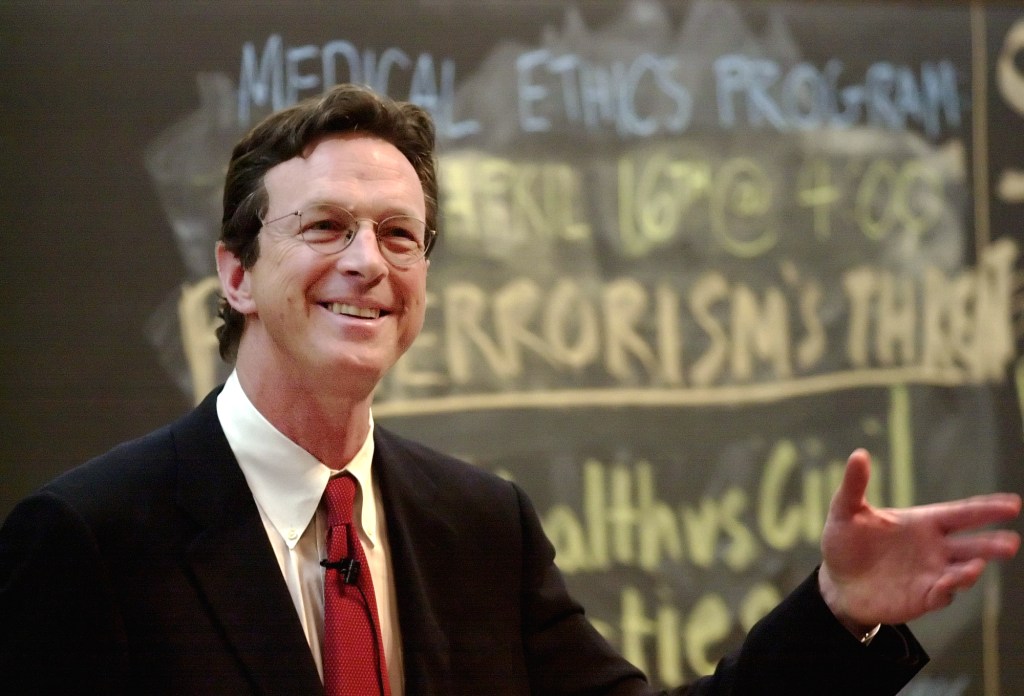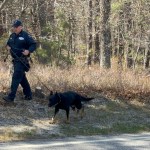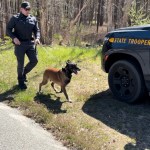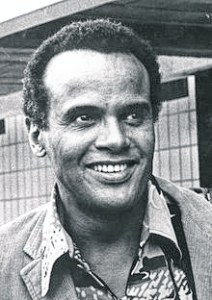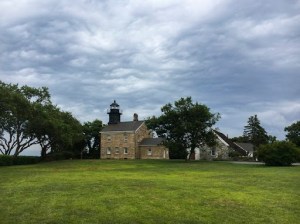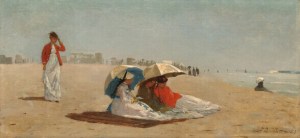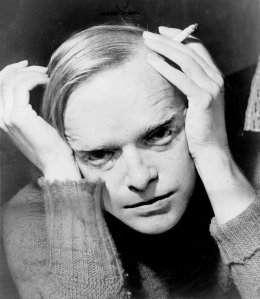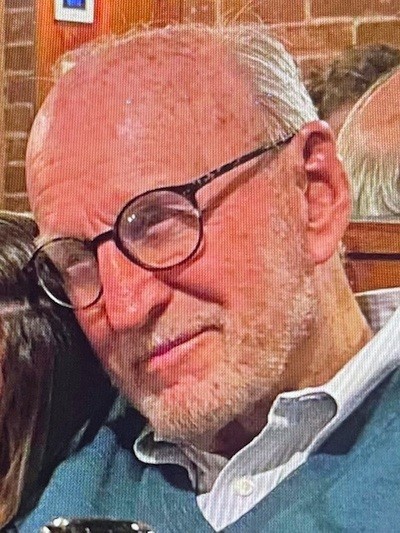In the 1950s, there were three fuzzy, black-and-white TV channels. Direct-dial phones, credit cards, iContraptions and computers didn’t exist.
It was this low-tech suburbia that produced Michael Crichton and his popular predictions of technological disasters.
Although he died from cancer in 2008 at age 66, Crichton’s popularity continues. Jurassic Park spawned five films; the next debuts in June 2018. A Swiss collector paid $100,000 for the crate housing the movie’s velociraptor. Crichton’s novels are in film and TV development. And an ankylosaur, Crichtonsaurus bohlini, bears his name.
The screenwriter, director, producer, anthropologist, professor, and physician — a true Renaissance man — focused on monsters running amok. Did his upbringing fuel such scenarios?
“I Was the Weird Kid”
He was born John Michael Crichton in 1942 in Chicago. In 1948, the family moved to Roslyn Heights and he attended Green Vale and East Hills Elementary. In 1996, he revisited Roslyn High, reminiscing with Newsday about childhood: Nobody feared being murdered. There was no known drug use. Child abuse wasn’t discussed. Children walked to school and rode bikes.
But paradise was imperfect. Crichton recalled home as “a pretty crazy house with lots of turmoil and yelling and screaming.”
His mother, a homemaker, took the kids to museums and libraries. His father, a journalist and executive editor of Advertising Age, was a demanding “first-rate son of a bitch,” Crichton said. Although they fought, the ad man provided inspiration. By third grade, Michael was writing plays. He loved movies, but they were forbidden. His parents relented with art films and movies by Alfred Hitchcock, Crichton’s first hero.
“The older I get, the more it seems that Hitchcock is the major influence,” Crichton recalled. No surprise there: Hitch loved trapping reluctant heroes in majestic settings, pursued by out-of-control powers.
“Big Mike” was 6 feet 7 inches tall by age 13. “I was the weird kid who wrote extra assignments….tall and gangly and awkward and I needed to escape,” he said.
Excelling at varsity basketball, he set three MVP records. He was an A student, the school paper news editor, a Latin scholar, and Harvard-bound.
“A Colossally Talented Guy”
Former Harvard Crimson editorial chair Robert W. Gordon said that “he was relatively understated…. It was only later on that many of us learned about many of the amazing different things he was doing at the time. He was a colossally talented guy.”
Crichton possessed a prescience about computers, completing his thesis on an IBM mainframe computer that occupied an entire building. He wrote programming manuals and computer games. He explored ethics regarding robotics and genetic engineering.
Majoring in anthropology, he wanted to be a journalist. But after earning C-minuses in English, disillusioned, Crichton decided on medical school. He graduated Harvard in 1964 summa cum laude.
To offset Harvard Medical School tuition, he wrote spy novels under a pen name. His first, A Case of Need, won a Mystery Writers of America Edgar award.
Graduating as an M.D. in 1969, he wrote full time; that year, his runaway-virus novel The Andromeda Strain was published under Crichton’s name. Universal Studios bought the novel and a young TV director, Steven Spielberg, guided him around the set.
Crichton directed Coma, Westworld and The Great Train Robbery, and wrote novels including best-sellers Sphere and Congo. Many became films, earning him tens of millions of dollars annually. TV’s ER and the movie Westworld revolutionized computer and camera effects.
New Life For Dinosaurs
On hearing about Crichton’s dinosaur-theme park idea, Spielberg committed to direct. The Jurassic Park films have earned $3.5 billion worldwide.
But insecurity plagued Crichton; much-married and divorced, he wrote incessantly. He told Charlie Rose, “My experience is of not being very gifted at writing, and of having to try really hard.”
Crichton wrote Jurassic Park six years before the first successful sheep cloning. Today, ironically, Harvard Medical School Genetics Professor Dr. George M. Church is using genome sequencing to resurrect the extinct woolly mammoth.
What would Crichton the future forecaster think of de-extinction? He might quote from Jurassic Park, “Your scientists were so preoccupied with whether or not they could that they didn’t stop to think if they should.”



